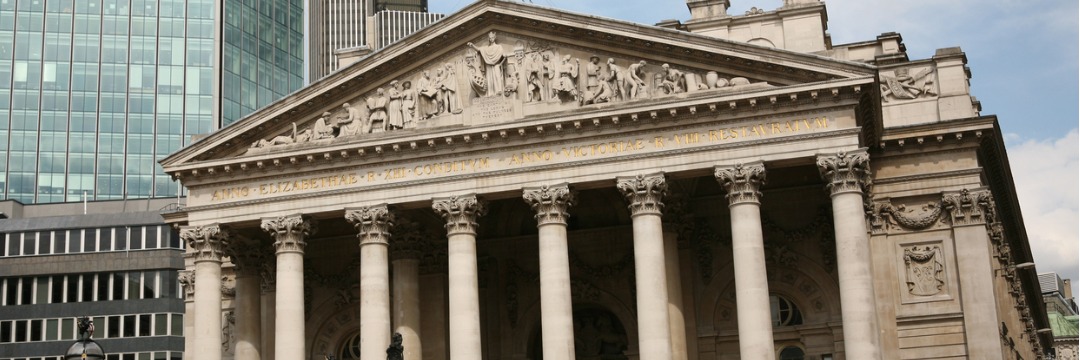
The base rate, sometimes called the Bank rate or just “the interest rate”, is the most important interest rate in the UK which is controlled by the Bank of England. The Base rate influences the interest rates that banks set for borrowing and saving.
Why is the base rate going up?
The reason that this is increased is to keep inflation low. Inflation is how much the cost of goods have gone up by over a period. The Government set the Bank of England a target of keeping inflation at 2%, which is currently way above that target at 9.4%, the highest it has been since 1980, with predictions from the Bank of England to reach 13% by the end of the year. The Monetary Policy Committee will now increase the base rate until inflation falls back down to the target of 2%.
How does increasing the interest rate effect inflation?
The theory behind increasing the base rate is that if it is more expensive to borrow money, it will encourage people to save money and stop spending which will lower demand for goods and products resulting in a drop in prices.
The current Base rate was increased from 1.25% to 1.75% on 03rd August which has been increased 6 times already since December 2021 when it was just 0.1%. The meetings to discuss the base rate will take place on 03rd November and again on 15th December.
How does the base rate increasing affect me?
Mortgages
According to the English Housing Survey, under 1/3 of UK households have a mortgage, 75% of those are on a fixed rate mortgage and won’t be affected as their interest will remain the same until the end of the term. However, if you do not change your mortgage over at the end of the agreement term, you will automatically be placed on a standard variable mortgage which does tend to be higher as it follows the base rate. If you’re one of the 2 million people with a tracker or standard variable rate mortgage, you will be affected immediately. The average home’s mortgage payments are set to rise by around £52 per month.
Credit cards and Loans
Majority of loans are on a fixed rate and so if you have a loan, this is unlikely to be affected and you should continue to repay the agreed amount. If you are looking for a loan, then the interest rates advertised are likely to be higher than usual.
Credit cards generally are not directly linked to the base rate and so unless told otherwise by your lender, your credit card interest is not influenced by an increase in the base rate.
Savings
In theory, an increase in the interest rate should also mean interest returned on savings will be increased too however, lenders and banks don’t necessarily put their interest rates up in line with the bank rate or increase the interest on all their product line. In fact, most banks have not increased theirs in line with the last 5 increases or only partially raised it.
The interest charges on borrowing tend to be much higher than returns on savings, so if you already have savings, it may be worth considering paying off any outstanding debt with your savings to avoid interest rises.
Taking everything above into consideration, it is always best to be sure, so if you are uncertain you may wish to contact your bank, lender or building society directly to discuss your agreement and the terms.
Editorial Disclaimer: This article was last updated and reviewed on 01.09.2022 Opinions expressed here are the author's alone, and not those of any bank, credit card issuer or any other company. This article has not been reviewed, approved, or otherwise endorsed by any of these organisations.
NB: The information on this page does not constitute financial advice, please do your own research to ensure that the product / service is right for your individual circumstances.